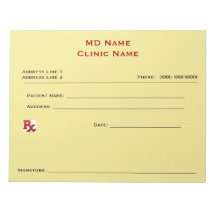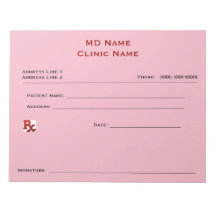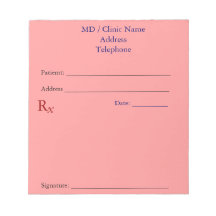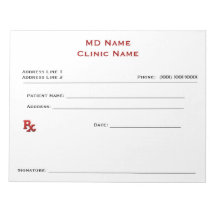Guest Post
By Sarah Masri, MMS, PA-C
______________________________________The stigma associated with psychiatric disorders and psychotropic medications bars many minorities from seeking mental health services.
Minorities in the United States are less likely than whites to seek mental health treatment. Among adults with diagnosis-based need for mental health or substance abuse care, more than 37 percent of whites receive treatment. Only 22 percent of Hispanics and 25 percent of African American receive treatment, according to research published in the U.S. National Library of Medicine.
While all Americans may face wait times because of psychiatric provider shortages, some minorities have added cultural barriers and socioeconomic challenges. Poverty rates among African American and Hispanics are more than double those of whites, increasing their risk for homelessness and substance abuse—all risk factors for poor mental health. Hurdles such as lack of transportation, childcare, insurance, or time off from work can further exacerbate the problem. These hurdles may seem overwhelming, but mental health awareness among minorities is slowly growing, and effective treatments are available.
How can we as providers improve the process?
Vindicate the patient. Mental illness isn’t shameful, and those with symptoms are not lazy or weak-willed. A little education on the inheritability and pathophysiology of psychiatric disorders can help shift attitudes.
Destigmatize psychiatric treatment. Many people liken psychiatric care to what they’ve seen in TV and movies, which does not accurately portray modern treatment. I’ve seen too many patients who truly believe that hospitalization means they’ll be held indefinitely and automatically given “shock treatment.” Providers need to give patients an explanation of treatment and medications. Many fear psychotropic medications will change their personality or make them numb to everything. Education can debunk misconceptions, minimize fears, and help patients adhere to a suggested medication regimen.
Diversify our ranks. Minority mental health providers are underrepresented in psychiatry. Statistics show more than 70 percent of psychiatrists are white. The addition of more minority providers not only increases access to care but can make minority patients feel more comfortable about confiding in their provider.
A growing number of providers can also help ensure more people are seen. As a physician assistant (PA), I am certified to practice medicine by passing an initial national exam, completing ongoing education requirements, and passing recertification assessments every 10 years. I also earned an additional credential specific to mental health, a Certificate of Added Qualifications in Psychiatry, that requires continuing specialty education, a physician attestation, and passing a National Specialty Exam in psychiatry.
Currently, more than 1,300 PAs practice in psychiatry, according to the National Commission on Certification of Physician Assistants (NCCPA).
Through my hospital system, I’m credentialed to complete initial psychiatric evaluations and oversee the plan of care for patients admitted to Partial Hospitalization Programming and Intensive Outpatient Programming. I collaborate with the patient’s care team, fill out a patient’s disability paperwork, and complete peer-to-peer reviews with insurance companies to ensure treatment is covered. If needed, I’ll consult with my collaborating physician regarding a plan of care. Managing these cases independently, from admission to discharge, allows the physicians in my group to carry more reasonable caseloads and have more time to focus on cases of higher acuity.
I also help psychiatrists treat patients who are admitted as inpatients. After a psychiatrist completes a patient’s initial evaluation and initiates medical treatment, I’ll follow up with patients to see how they’re tolerating the newly prescribed psychotropic regimen, adjust medications as necessary, and determine when patients are ready for discharge to a lower level of care.
Our hospital system also has an intake department called the Assessment and Referral Center (ARC), which offers free mental health assessments. The ARC will complete an assessment, determine appropriate level of care, and provide the individual and family with recommendations or available resources based on their insurance plan.
We offer a multitude of services for all patients regardless of their ability to pay, but I know that’s not all that’s needed to dismantle some of the challenges minorities face. We must connect with minority patients on their terms and through culturally-informed care. In my experience, forming an empathetic connection can be a good place to start.
15% Off Medical Practice Supplies
VIEW ALL
 Manual Prescription Pad (Large - Yellow)
Manual Prescription Pad (Large - Yellow) Manual Prescription Pad (Large - Pink)
Manual Prescription Pad (Large - Pink) Manual Prescription Pads (Bright Orange)
Manual Prescription Pads (Bright Orange) Manual Prescription Pads (Light Pink)
Manual Prescription Pads (Light Pink) Manual Prescription Pads (Light Yellow)
Manual Prescription Pads (Light Yellow) Manual Prescription Pad (Large - Blue)
Manual Prescription Pad (Large - Blue)






No comments:
Post a Comment